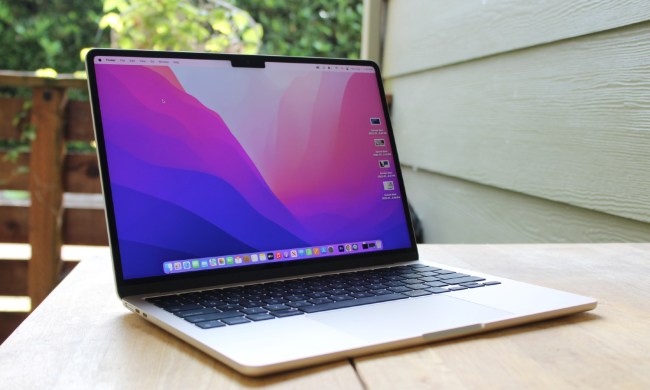With all the recent reports of just how far certain companies (we’re looking at you, Facebook) go to track users’ web browsing habits, it makes sense that you might want to opt out of tracking whenever you can. And it seems that there is another benefit to this, at least for Firefox users: speed.
Software engineer and former Mozilla employee Monica Chew and research Georgios Kontaxis have released a paper titled Tracking Protection in Firefox For Privacy and Performance, which won the best paper award at the Web 2.0 Security and Privacy workshop, VentureBeat reports.
The paper shows that with Tracking Protection enabled, not only did Chew and Kontaxis see a 67 percent reduction in cookies set in the Alexa Top 200 news sites, but page load times were reduced by a median 44 percent, and overall data usage was reduced by 39 percent. Even if you aren’t too concerned about privacy, that speed increase alone might be enough of a reason to enable the feature.
The speed boost comes from blocking requests to tracking domains, so it won’t speed up browsing across the board, but considering the amount of sites that use some sort of tracking, the benefit should be fairly noticeable. Currently, Tracking Protection isn’t turned on by default, as Mozilla is still gathering feedback about how the feature works, but it’s fairly easy to enable the feature.
While this feature should be a hit among power users, it’s not likely every feature that Mozilla has been introducing in Firefox will see the same reception. Last week we reported that a new feature in Firefox called “Suggested Tiles” will scan your history in order to place targeted ads on the new tab page.
For more information on the study, see the full paper, which is freely downloadable on Scribd. To see how to turn on Tracking Protection in Firefox for yourself, see Mozilla’s support page for the feature.


